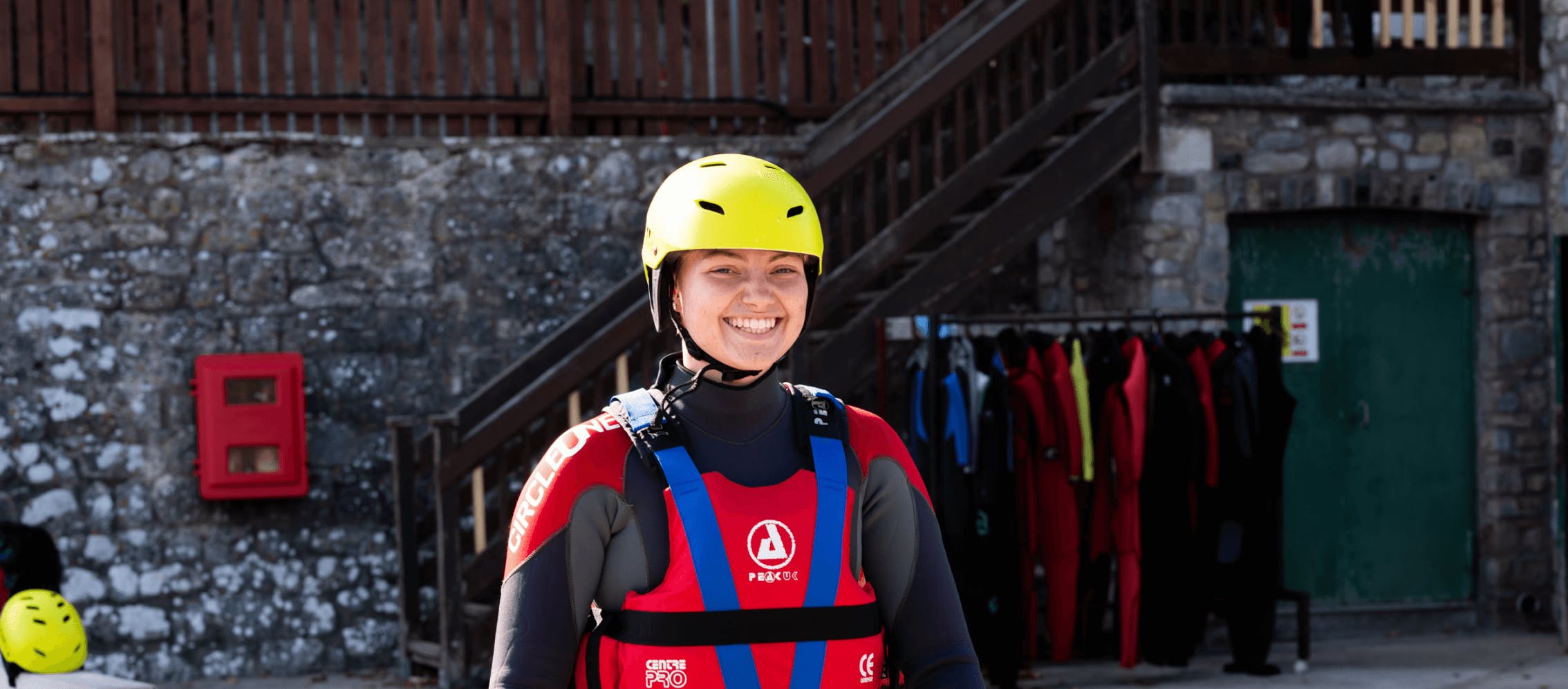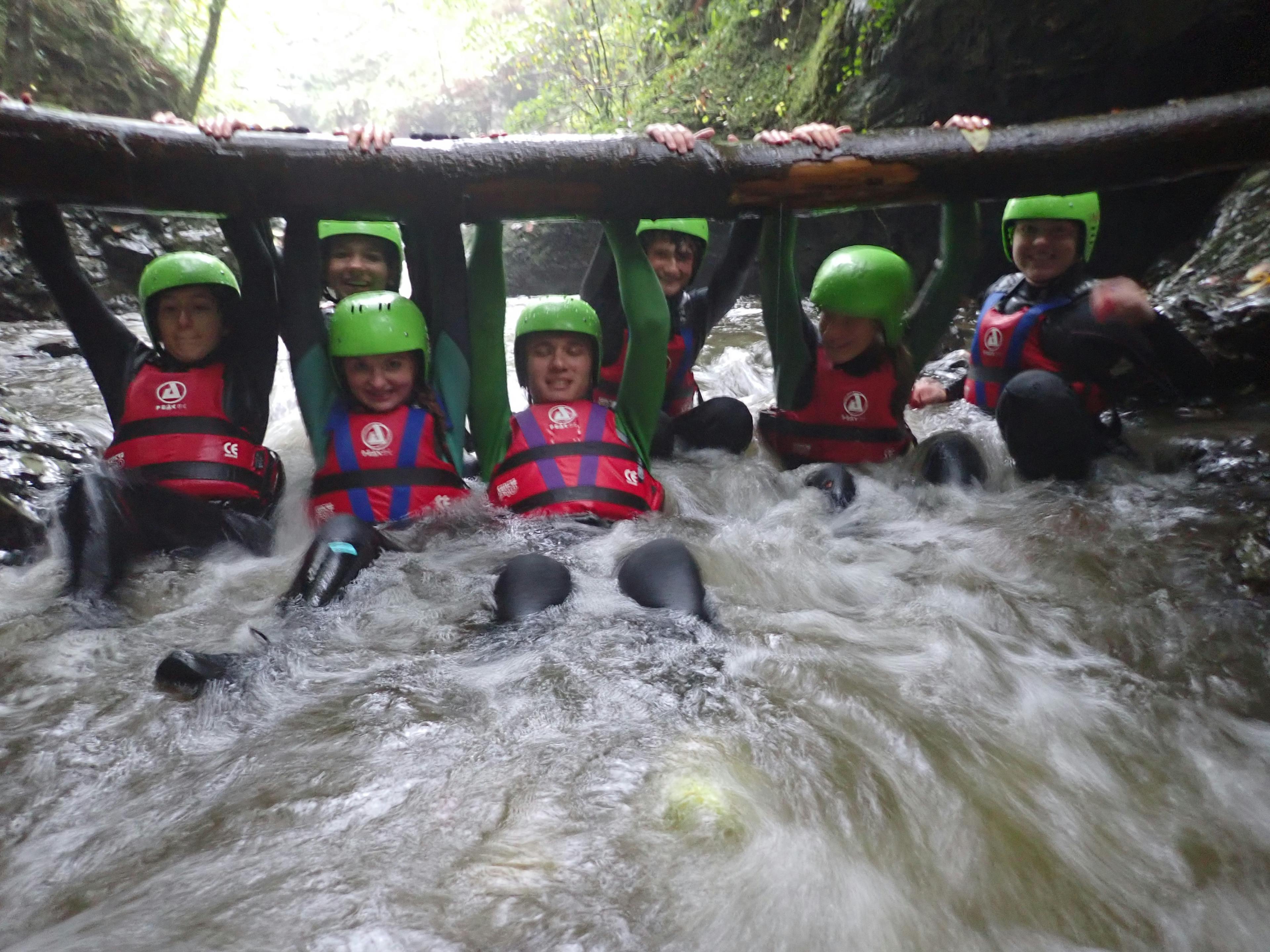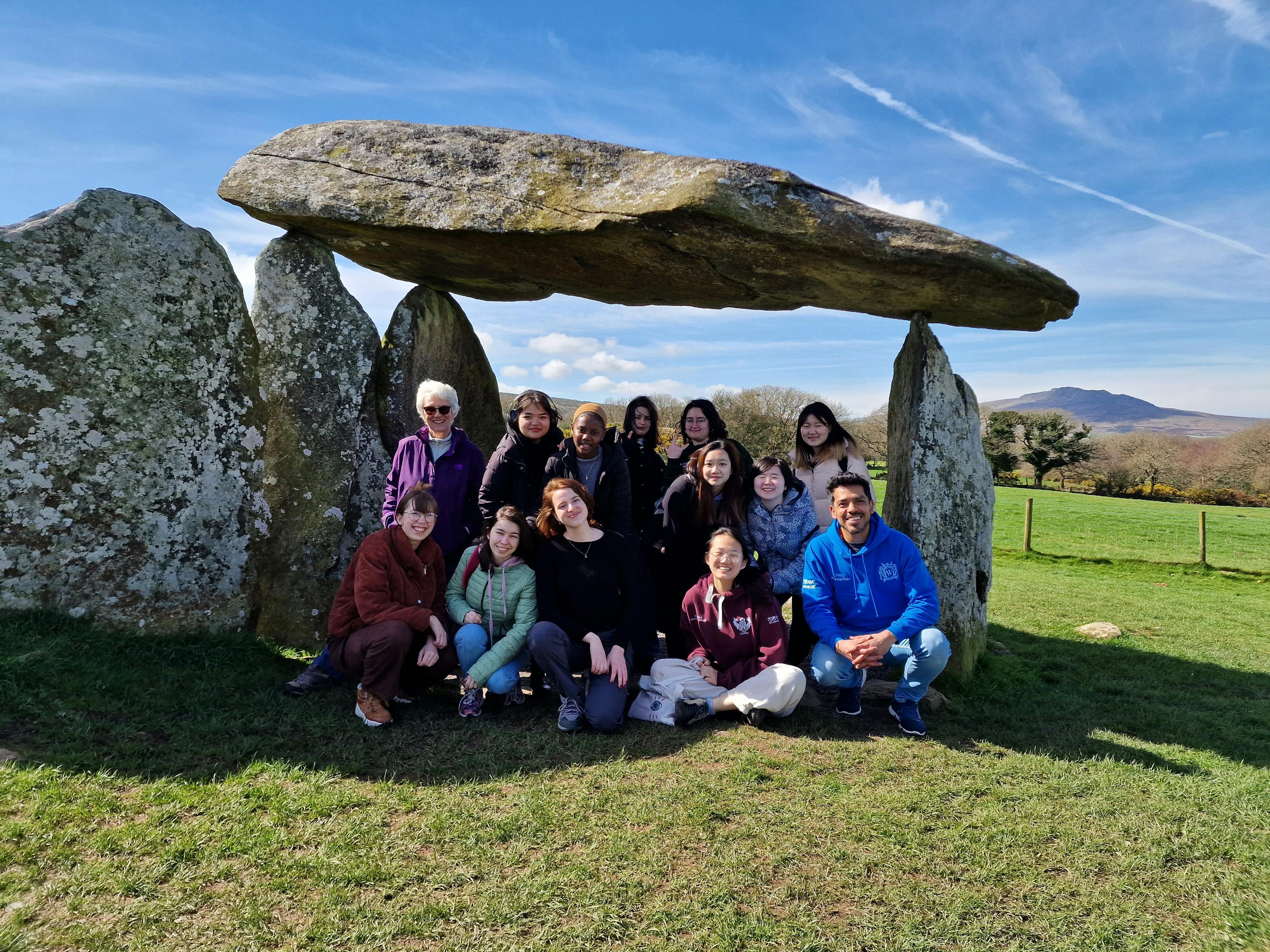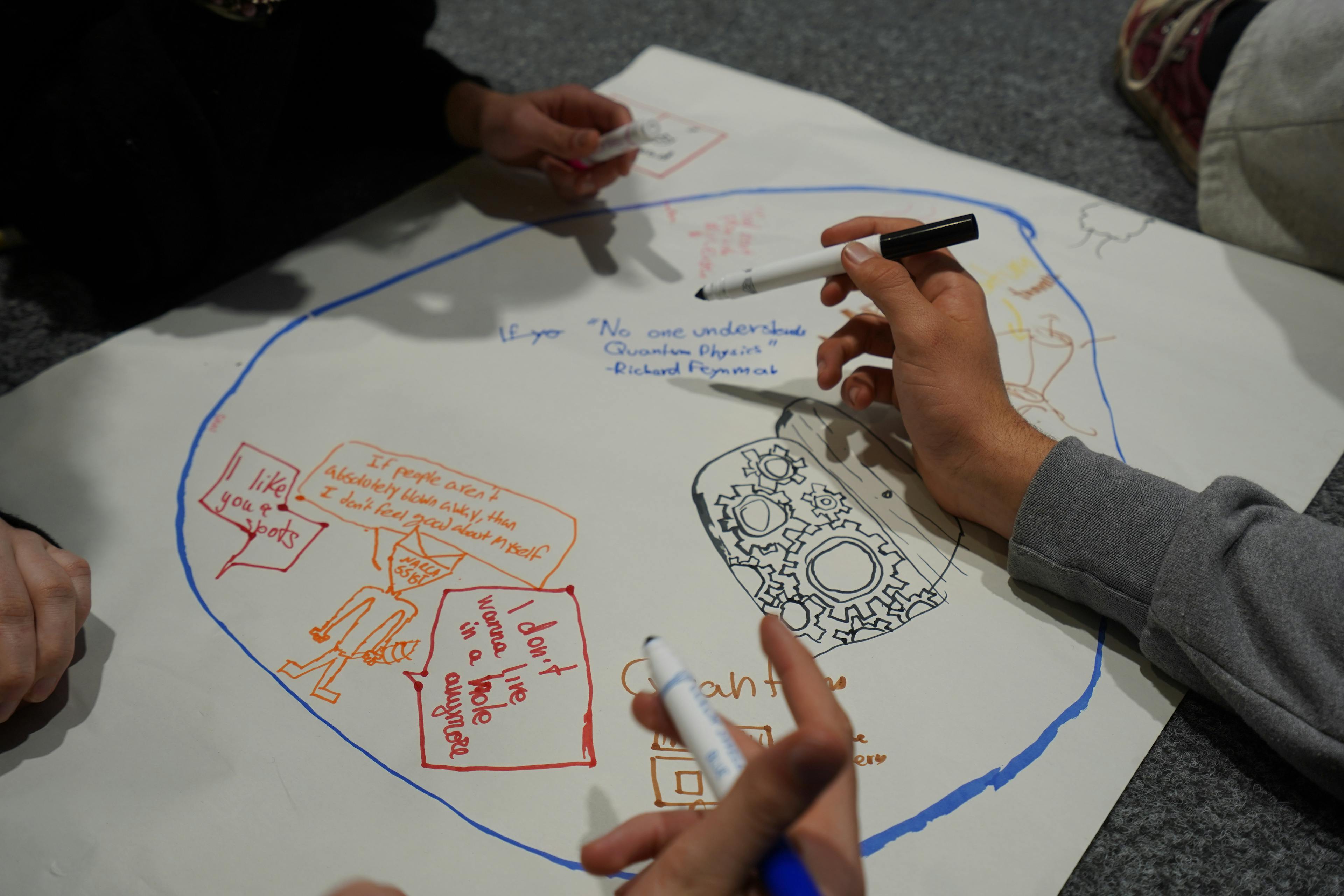
CAS Activities
One of the three core elements of the IB is the co-curricular experience called CAS. CAS stands for Creative, Activity and Service:

The spirit of co-curricular learning is deeply ingrained in the culture and history of UWC Atlantic, and it is a vital part of the IB Diploma Programme (IBDP). UWC Atlantic gives co-curricular as much importance as the academic element of the IBDP, with successful completion of CAS being a requirement for the IB Diploma to be awarded.
Our co-curricular programme is designed to support you in your personal and interpersonal development, providing opportunities for self-discovery and growth. Every student has unique starting points, needs, and goals, and a well-rounded co-curricular experience can be a profound and life-changing experience for each individual.
Our co-curricular programme is made up of three main elements: Creativity, Activity and Service (CAS in the IBDP terminology); Project Week and Conferences.

One of the three core elements of the IB is the co-curricular experience called CAS. CAS stands for Creative, Activity and Service:

An opportunity for students and staff to immerse in a project for a week focusing on teamwork, UWC values and personal growth through meaningful experiences.

Student-designed and led our conferences extend and broaden student knowledge and experience with a focus on peer learning.